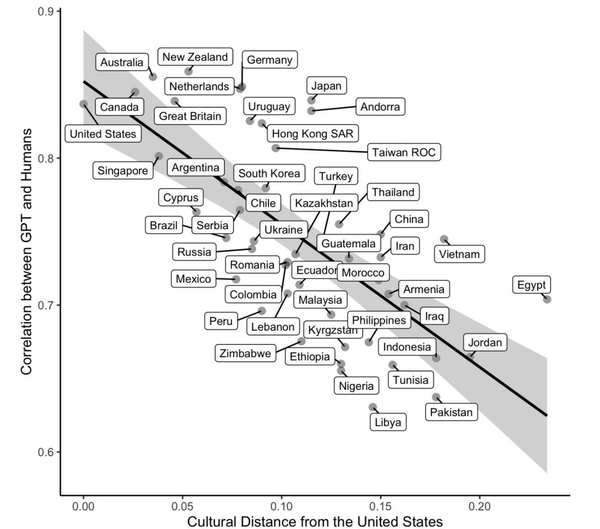Abundance and the Beach House Problem

Imagine it’s 2055. AI, robotics, large-scale automation, and nuclear fusion have completely transformed how we produce and create everything. Energy is nearly free, and the world is overflowing with wealth and resources. Everyone has the food they need, incredible gadgets, robot helpers, and whoever wants a car can have one. Every household enjoys conveniences we once only dreamed of. Entertainment is limitless, and life should, in theory, be perfect.
That was the promise of abundance.
But here’s the catch: the Beach House Problem.
Even in this world where energy and resources are free, the planet can only accommodate a limited number of nice beachfront homes. I’m not talking about mansions, just an average house for one household with a little bit of outside space and reasonable privacy, somewhere in the world where there is decent weather. With direct view of a sea, ocean, or even a large lake.
When you do the math, maybe only 1% of all households on Earth could ever have one of those beach houses (*for fun, details of my guesstimation at the end).
So who decides who gets the beach house? Even in a world without material scarcity, this scarcity of the most desirable luxuries remains. And that’s the crux of the problem: abundance doesn’t solve inequality. It doesn’t answer who gets access to the things that remain rare. Who gets the beach house, the yacht, the spaceship, or that penthouse on the moon?
This future of so-called abundance is also one where all work is done by AI and robots, where humans are no longer economically productive. So who gets to decide, who has the power? Do we go back to a world where the ones with the strongest muscles and best fighting skills decide? The ones with private armies? The ones who control the tech?
Material abundance does not solve power and privilege; it does not determine who gets what. If we don’t solve the Beach House Problem, the utopian future of abundance is nothing but a mirage.
*A rather long note: my guestimation, this bit is mostly for fun.
This is not a rigorous scientific calculation, let’s be clear. I wanted to guess how many beach houses existed today and how many could theoretically exist if money and resources were not an issue. I first came up with some numbers in my head for grounding. I thought there are probably a few million today and maybe we could have a maximum of 100 million on the planet.
Then I turned to ChatGPT for some deep research to see if I was in the right ballpark. My criteria: 120sqm built on a 400sqm plot of land, direct beach views, easily accessible by road, somewhere with decent weather six months of the year and nice weather where you can enjoy the beach three months a year. Can’t be on a national park or UNESCO heritage site.
This is its summary
“To summarize the stretch scenario: on the order of 20 million beachfront houses could exist worldwide if every suitable unprotected stretch of ocean and large-lake coastline were lined with homes. This assumes each home has a minimal comfortable lot (~400 m²) and that climate constraints limit us to roughly 80–85% of the world’s coast (excluding the coldest and rainiest zones). For perspective, the world’s sandy beaches alone make up about 31% of global coastlines (roughly ~330,000 km), much of which is in warmer regions – this indicates the scale of shoreline theoretically available for development. Of course, in reality we would never convert every kilometer of coast into housing, but as a thought experiment, the capacity is in the tens of millions of homes.”
I know this is a guesstimation, but my numbers seem to be within the right order of magnitude. So I’ll be generous and say we could have 40 million beach houses globally. Now, let’s assume the world population will be 10 billion by 2035 (the UN’s estimate for 2050 is 9.8 billion). Let’s further assume that the average number of people per household (mix of singles, couples, and families) is 2.5. That gives us 4 billion households.
With 40 million possible beach houses on Earth, it means that only 1 in 100 people can have a beach house.
Maybe that’s why Elon Musk won’t stop going on about Mars…





